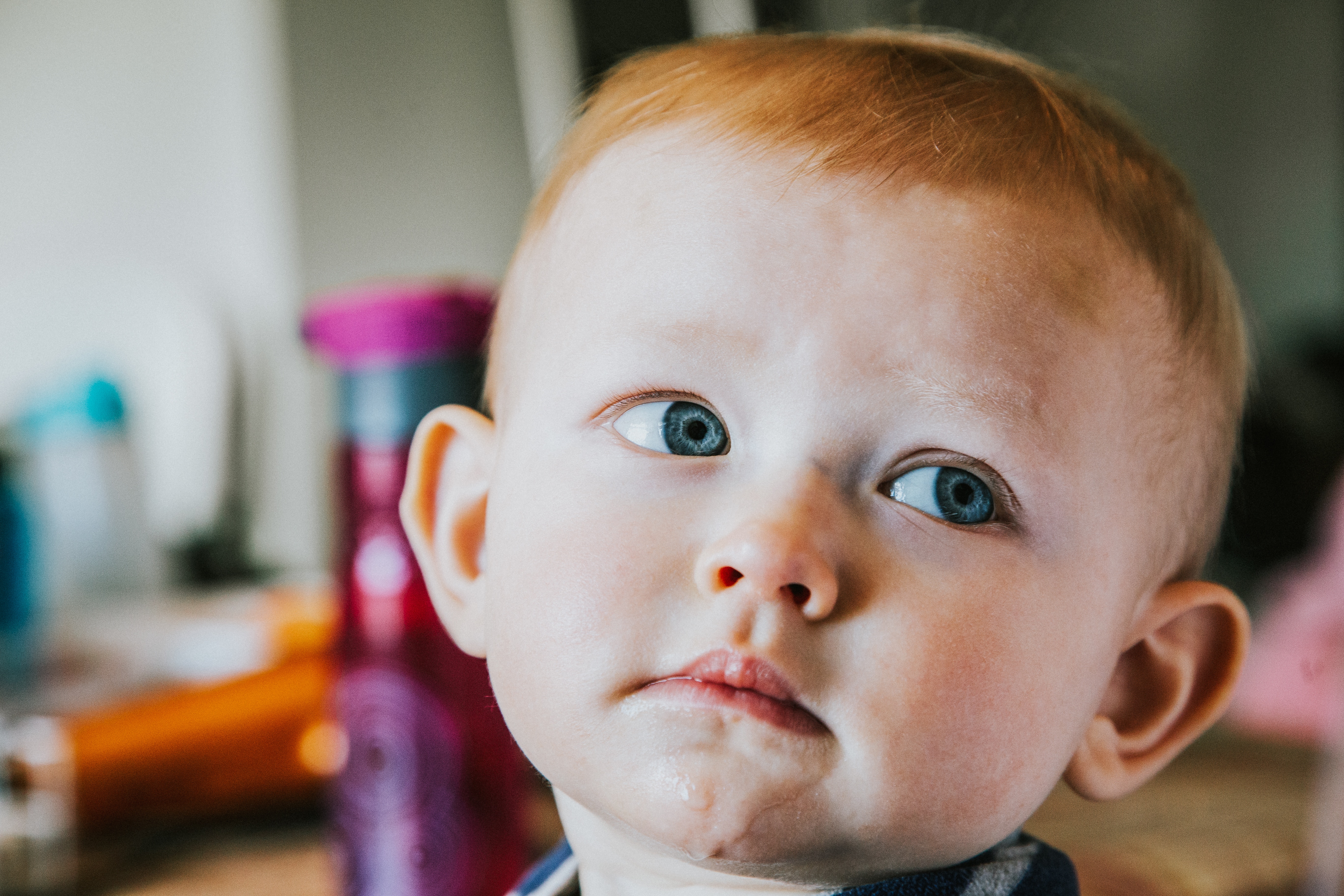When do babies stop
dribbling?
What can excessive
dribbling
mean?

Dribbling is a normal part of a baby’s life. It happens when a baby cannot control the saliva within their mouth.
Dribbling usually peaks between the 9 to 18 month period, the time a baby is usually teething!
Sometimes dribbling can go on for longer (past the age of 4 is considered abnormal) or can be so excessive it feels like you have a never-ending pile of saturated tops and bibs! Not only can this cause skin irritation, but it can also sometimes be a bit smelly.
These difficulties are not caused by the baby having too much saliva, but instead are caused by the child’s difficulty managing the saliva.
This could simply mean the child is not swallowing enough, or that they are keeping their enough mouths open (and tongue forwards), or even may indicate low motor tone and sensory input (which means that they often don’t feel the saliva come out of their mouth).
At times it can also be linked with large adenoids and tonsils. The common explorative habit for babies of putting fingers or toys in their mouth to chew on, can also stimulate the salivary glands which produces more saliva!
But saliva is important! It helps you to chew your food, maximises taste in your food, helps keep your mouth moist so you can talk, and the bacteria in saliva is valuable for keeping your teeth clean.
What can you do?
If you are concerned about your child’s saliva management, you can book in for a Speech Pathology assessment to determine the right pathway forward to support your baby and reduce those washing piles!
